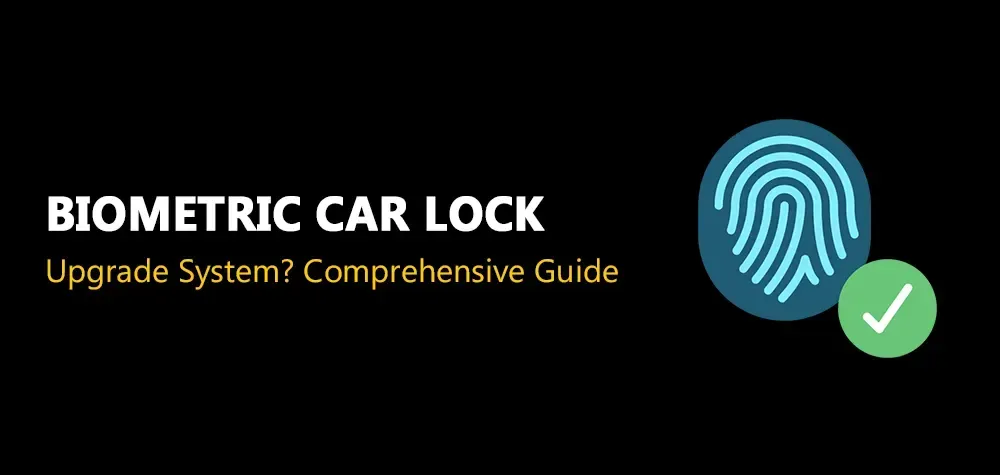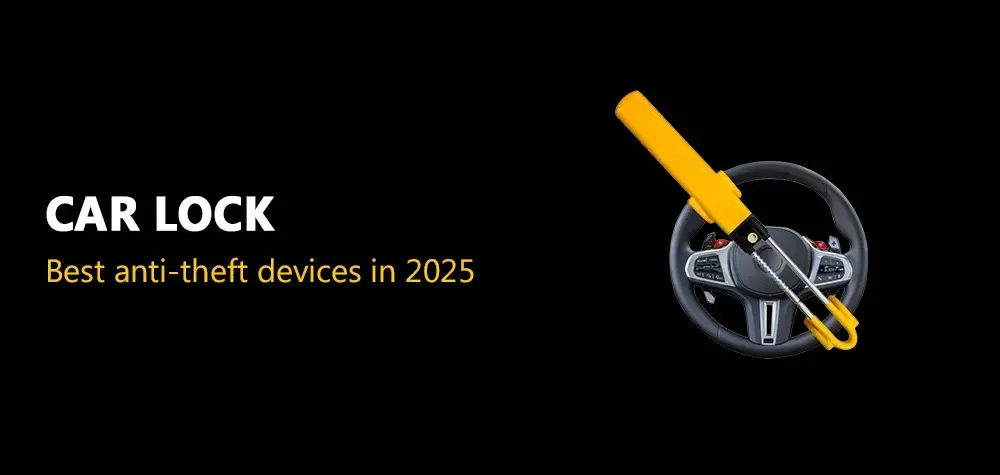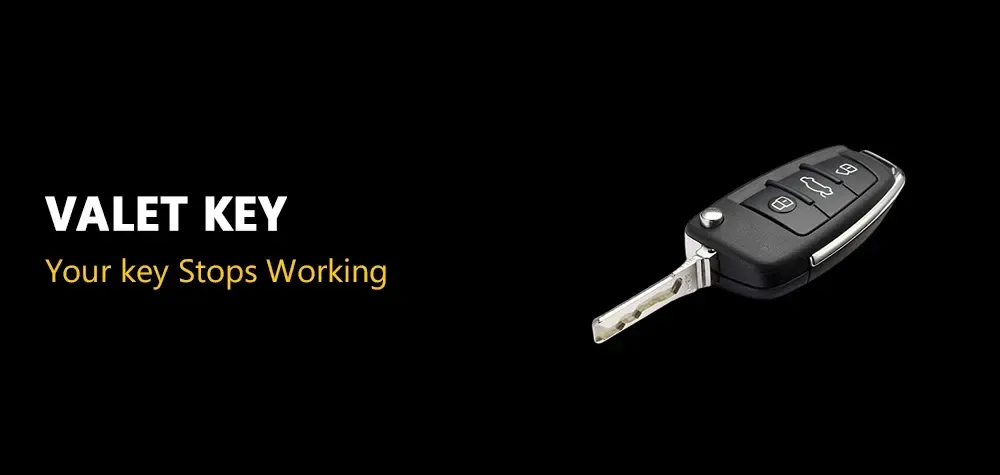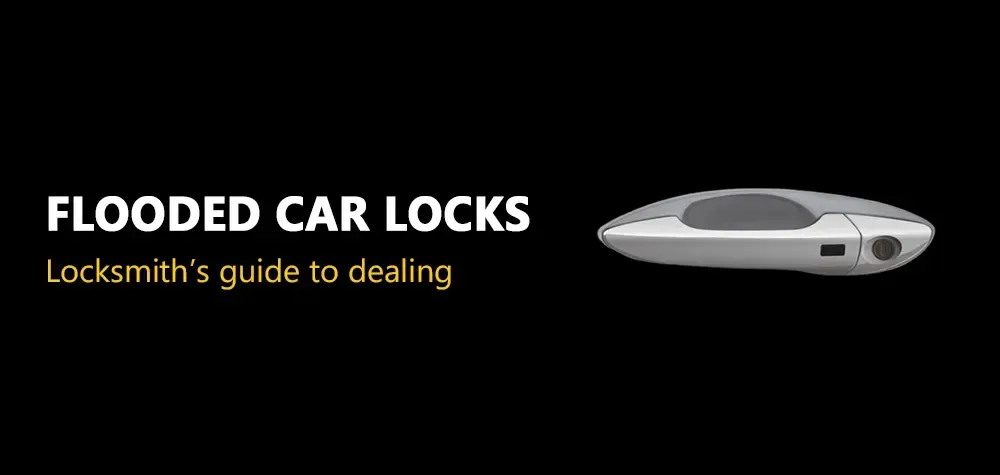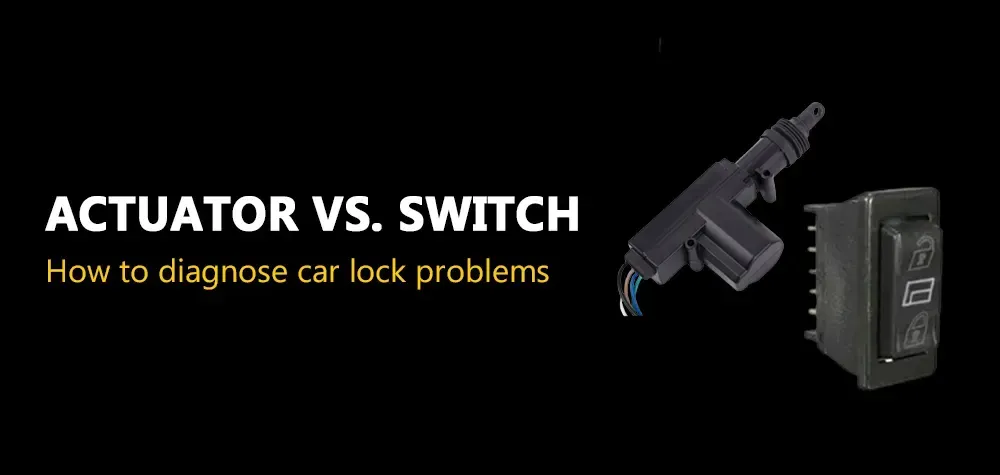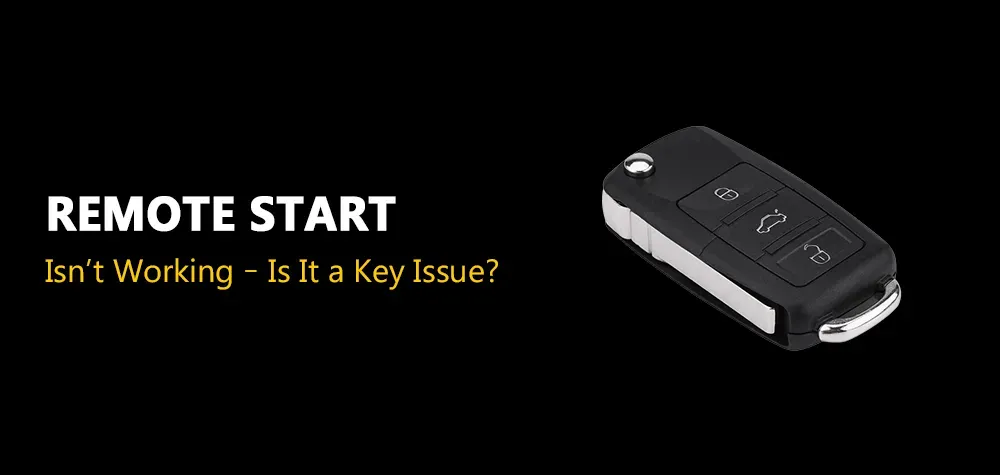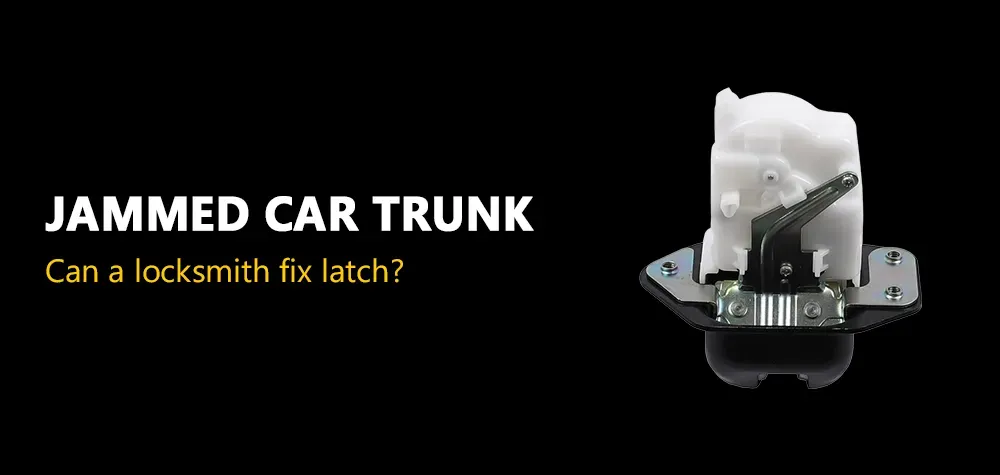What Is a Master Key System and How Does It Work?
A master key system is an advanced security solution used in various residential, commercial, and institutional settings, providing both flexibility and control over access. It allows designated keyholders to access multiple locks with a single key, while others may only have access to specific doors. Understanding how a master key system works is essential for both business and home security management, as it balances security needs with convenience.
What Is a Master Key System?
A master key system is a locking mechanism that uses a hierarchy of keys to control access to different areas within a building or property. It allows for a single key (the master key) to open a variety of locks, while individual keys (called change keys or sub-keys) can only open one or a few specific locks.
In this system, each lock can operate under its unique key but is also designed to work with a master key that can open all locks within the group. This design simplifies access control, providing high-level managers, building owners, or supervisors access to multiple secured areas while limiting entry for others.
How Does a Master Key System Work?
A master key system relies on pin tumbler locks that have multiple levels of keying. Here’s a breakdown of how it functions:
- Pin Tumbler Mechanism: Most locks in a master key system use a pin tumbler mechanism. This consists of a series of pins of different lengths arranged in pairs within a cylinder. When the correct key is inserted, the pins align to the "shear line," allowing the cylinder to rotate and unlock the door.
- Multiple Shear Lines: In a master key system, each lock has multiple shear lines due to extra pins (master wafers) within the lock cylinder. This allows different keys to operate the same lock. The individual key will align one set of pins, while the master key will align another, enabling it to unlock the same lock as well.
- Hierarchical Keying: Master key systems operate on a hierarchy of key levels:
- Change Key (or sub-key): Opens only one specific lock or a group of locks within a designated area.
- Master Key: Can open all locks within a particular system or building.
- Grand Master Key: Operates multiple master key systems, providing access to multiple buildings or areas.
- Great Grand Master Key: Highest level, often reserved for large institutions, allowing access to all locks under various master key systems.
Applications of Master Key Systems
Master key systems are widely used across different sectors, providing a range of benefits depending on the environment:
- Residential Use: Apartment complexes often use master key systems, allowing property managers to access all units, while tenants have keys only to their own apartments.
- Commercial Properties: Offices, warehouses, and retail stores use these systems to control access to different departments or areas, ensuring security for sensitive zones.
- Institutions: Schools, hospitals, and government buildings rely on master key systems for ease of access management while maintaining high-security standards for restricted areas.
Benefits of a Master Key System
- Convenience: The master key eliminates the need for carrying multiple keys. With a single key, managers, landlords, or supervisors can access various secured areas without the hassle of managing several individual keys.
- Security: Master key systems provide layered security, ensuring that different individuals only have access to the areas they are authorized to enter. It limits the risk of unauthorized access to sensitive locations.
- Cost-Effective: Implementing a master key system can save money in the long term. It simplifies lock management, reduces the need for lock changes, and provides a seamless way to control access without additional security measures.
- Flexibility: As organizations grow, master key systems can easily expand. Additional locks and keys can be added without compromising the overall system.
- Control: These systems provide property managers with complete control over access rights, which can be especially useful in the event of lost or stolen keys.
Potential Drawbacks of Master Key Systems
Despite its many advantages, there are some potential drawbacks to consider:
- Security Vulnerability: If a master key falls into the wrong hands, it could compromise the entire system, granting access to all secured areas. This risk requires heightened awareness and possibly installing key management systems to track keys.
- Complex Setup: The design and installation of a master key system can be complex, requiring professional locksmith expertise to ensure the hierarchy of keys works flawlessly.
- Cost: While cost-effective in the long run, the initial setup and installation of a master key system may involve significant expense, especially for larger properties or institutions.
Is It Safe to Use an Online Locksmith Service?
How to Choose the Right Master Key System
If you’re considering installing a master key system for your home or business, here’s what to look for:
- Assess Your Needs: Determine the areas that need restricted access and the levels of control required. This will help in designing a key hierarchy that fits your security needs.
- Choose the Right Locksmith: A professional locksmith experienced in master key systems is essential for setup and maintenance. They’ll help you design the system and ensure it meets your security requirements.
- Look for Certified Locksmiths: Always choose locksmiths with certifications from recognized bodies like the Associated Locksmiths of America (ALOA). Certified locksmiths follow industry standards and offer better-quality service.
- Security Add-ons: Depending on your security needs, consider adding extra features such as restricted keyways (keys that cannot be duplicated without authorization), electronic access control, or key tracking systems to minimize the risk of losing a master key.
Conclusion
A master key system provides a practical and secure solution for managing access across homes, businesses, and institutions. It offers flexibility, convenience, and security by allowing different levels of access while keeping unauthorized individuals out of sensitive areas. If designed and maintained by a professional locksmith, a master key system can simplify security management for any property, ensuring peace of mind for both property owners and tenants alike.
Call Us Any Time!
